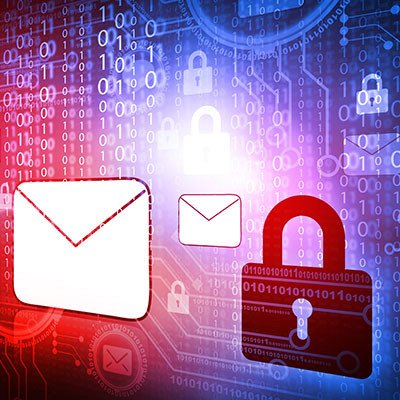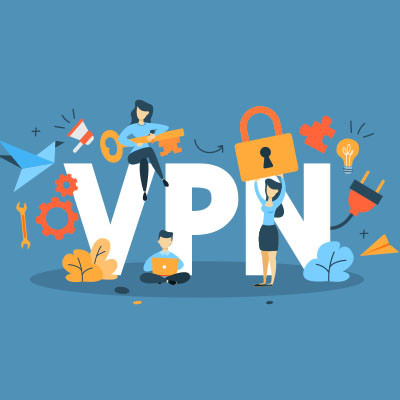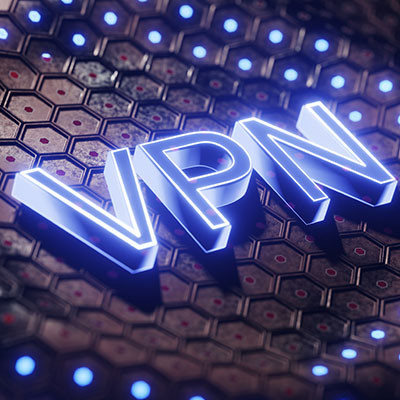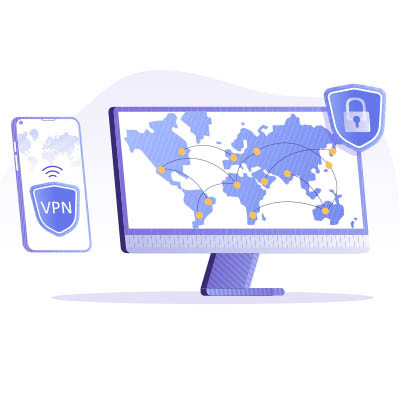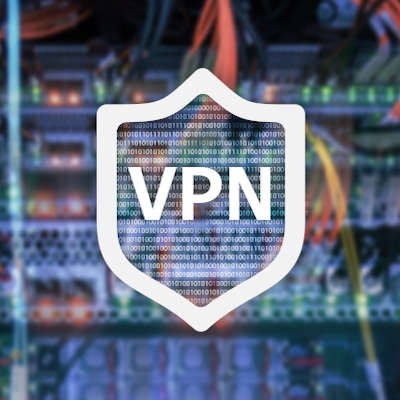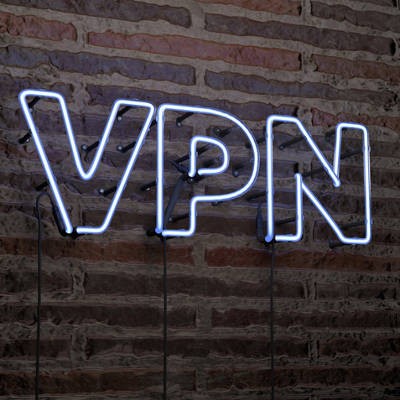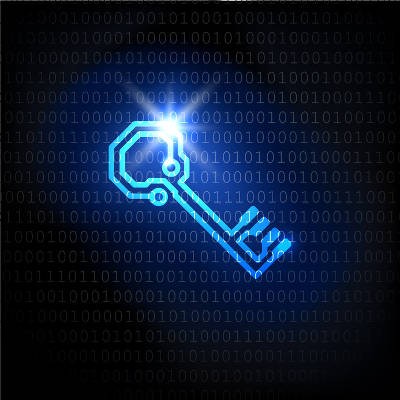Ferrum Technology Services Blog
Encryption is a powerful tool that any business can use to beef up its security infrastructure. While it’s often discussed in the context of virtual private networks, it’s also a key component in keeping any email solution secure. Why is encryption such a valuable security measure for email, and why is it considered non-negotiable for businesses of all kinds? Let’s take a closer look.
It can’t come as a surprise that businesses are starting to grow concerned about the potential of getting hit by a cyberattack. Just look at what's happening out there. Literally millions of hackers trying to enter, steal, and sell your business’ data. To help protect their data, businesses should consider the adoption of a Virtual Private Network (VPN), which adeptly conceals data during its transit. Let's take a look into some of the most compelling reasons why your business should embrace the use of a VPN.
There are so many threats out there that there are positions dedicated within companies to protecting network infrastructures and managing cybersecurity strategy. This alone should be enough to get you to take it seriously. With your employees controlling the “keys to the castle,” i.e., passwords, you need to make sure that you have a solid password strategy in place so as to not inadvertently put your company at risk.
Let me ask you a question: how do you balance the prevalence of remote work with the fact that a lot of company resources should only be stored on-site? A VPN—or virtual private network—provides the answer for many businesses. Let’s examine what a VPN actually is, and how it helps to protect your business’ data as you access it from outside of your business’ secure network.
The COVID-19 pandemic forced many organizations to transition to online work, a notion that many businesses felt was previously out of the question. This transition came with its fair share of frustrations, but eventually businesses figured out that remote work offered various benefits. That said, one of the biggest issues also manifested, and was in the form of security.
In normal circumstances, the virtual private network (VPN) is a great tool for people who work out of the office. With the COVID-19 outbreak pushing a lot of workers out of the office, the VPN has now become an essential part of a business’ day-to-day operations. Today, we’ll define the VPN and tell you why you’ll probably need a VPN designed for business use.
Employees don’t always get all of their work done from the comfort of their office. They often find themselves on the road for conferences or trying to stay ahead during their downtime at home. Unfortunately, security can become a problem, and access to data needs to be as secure as possible when outside the company network. A virtual private network, or VPN, can be an integral part of your remote business strategy.
Secrets need to be protected. That’s why humans created cryptography. Cryptography can be traced back to around the time the pharaohs ruled Egypt, but today’s cryptography is a lot different than simple hieroglyph replacement. Cryptography used in the computing systems today is called encryption. For this week’s tech term we will look back at the history of encryption and how it is used today to facilitate data security and personal privacy.
Encryption is one of the most effective ways to secure a file, and even the average user can take full advantage of it on their Windows PC. In essence, you can arrange for your files to appear as random numbers, letters, and special characters in the event that an unauthorized user accesses them.You might be surprised to learn that even your Windows PC has encryption options so that you can protect your sensitive information if so desired.
Data security is arguably one of the most important parts of running a business, especially when personally identifiable or confidential information is being shared across your network. Yet, some businesses continue to ignore security in favor of a “more convenient” approach which doesn’t hinder operations. When implemented properly, your security not only augments operations, but secures your organization’s data infrastructure.
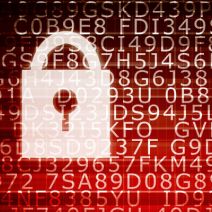 Eventually, one technology gets replaced by another and users of the older technology must upgrade, or else risk running an inefficient operation. This upgrade-or-be-obsolete scenario plays out most often with software, like with SHA1, the Internet’s most popular encryption protocol, slated to have its SSL certificates expire on January 1, 2017.
Eventually, one technology gets replaced by another and users of the older technology must upgrade, or else risk running an inefficient operation. This upgrade-or-be-obsolete scenario plays out most often with software, like with SHA1, the Internet’s most popular encryption protocol, slated to have its SSL certificates expire on January 1, 2017.

